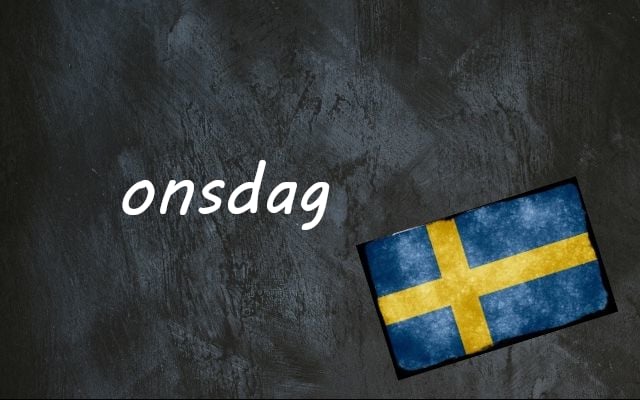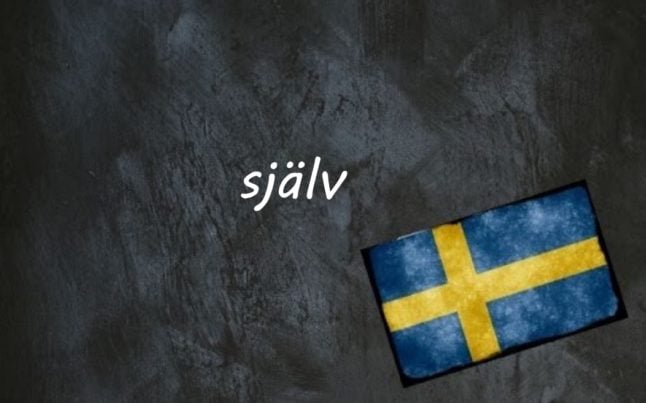It’s named after the Norse god Odin, usually Oden in Swedish (this is where the English word Wednesday comes from too – Woden’s Day, as he was known in Old English).
The oldest and wisest among them, Odin is the king of the Norse gods and father of many famous gods, notably the god of thunder, Thor, and Baldr. He rides the eight-legged horse Sleipnir, and is often accompanied by the ravens Huginn and Muninn.
Odin is the lord of Valhalla, the huge hall in Asgard, to which many of those who die in combat travel after death – according to Norse mythology, at least.
He is often associated with the Roman god Mercury, who appears in the word for Wednesday in languages with Latin roots, including French (mercredi) and Italian (mercoledì).
An alternative word for Wednesday in Swedish is… Little Saturday (lillördag).
In times gone by, servants might have to work on Saturdays, and were given one weekday off work instead, usually midweek. So Wednesday was given the nickname piglördag, from the word piga which means “maid” or “servant”: “servant Saturday”.
Piglördag was also called lillördag, and as it became less and less common to have household staff, lillördag was used more and more.
Over time, the meaning changed too: Lillördag has now become an excuse for midweek drinks and activities, so you might get an invitation from Swedish co-workers to go for an afterwork to celebrate.
Examples:
Ska vi ta en afterwork på onsdag?
Shall we go for drinks after work on Wednesday?
Oj, är det redan onsdag?!
Wow, is it already Wednesday?!
Villa, Volvo, Vovve: The Local’s Word Guide to Swedish Life, written by The Local’s journalists, is now available to order. Head to lysforlag.com/vvv to read more about it. It is also possible to buy your copy from Amazon US, Amazon UK, Bokus or Adlibris.



 Please whitelist us to continue reading.
Please whitelist us to continue reading.
Member comments